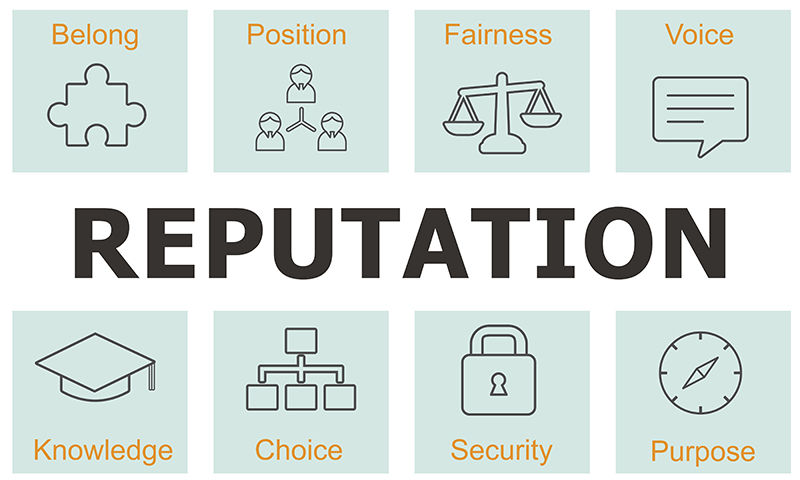
Can you remember how you discovered your favourite brand or business? Was it by accident? Chances are a friend, family member, or an influencer recommended it to you. And now you’re not the only one who’s enthusiastic about it. Then, you told all about it at work or on a dinner date with your partner. In return, you or someone else might have got a mysterious gift or a discount.
Meanwhile, the brand’s customer base keeps on growing. If this sounds familiar, then you’ve already experienced referral marketing without even knowing it. It’s another marketing practice businesses use to acquire potential prospects.
Definition of Referral Marketing
Referral marketing is one of the most popular marketing practices. Customers are strongly encouraged to recommend a business, product, or service to others. Some might think it’s a fancy phrase for word of mouth, but it’s not the case. Word of mouth is spontaneous because customers share their shopping experience on their own. Referral programs, on the other hand, are specifically constructed to reward customers for their referrals. For example, brands often team up with influencers to promote products or services to a wider audience. In return for their successful recommendations, influencers receive products, discounts, or other incentives. As you can see, the practice is beneficial for both parties in the marketing strategy.
Bond of Trust
People intuitively like to share their emotions and experiences with their closest circle of friends and family. If they love a certain product, everyone will hear about it right away. The same goes for frustrating service. According to some studies, brand-related conversations occur daily in formal and informal circles. Customers share recommendations, and they even consider customer reviews before making a purchase. There appears to be a bond of trust between them, which all link back to the business. Participants in the referral program also trust the brand they’re promoting. That’s why it’s easy for them to spread the good word.
Cost-efficiency
The programme’s cost depends on your strategic plan and creative efforts. Generally, it doesn’t take much to get it up and running. The foundation should have a loyal and inspired customer base. If they’re genuinely satisfied with your products and service, then their referrals will be authentic and honest. It’s your turn to thank them for going above and beyond in promoting the brand. You can do it through discounts, exclusive events, gifts, or free upgrades. Whatever you choose to do, make sure to include the cost in the strategic plan. This will prevent any additional costs.
Lifetime Value
Harvard Business Review places a 16% higher lifetime value on referred customers than on non-referred ones. In other words, customers who discover your brand by referral generate greater profit over time than those customers you gain through other techniques. You must invest in your referral program to make the most out of referral marketing. The cost of establishing such a program is minimal compared to what the business can gain from it in the future. You’ll notice a crucial difference if you compare referred customers and those you convert through paid ads. Referrals pay off the costs, and the gains are long-lasting, which isn’t the case with paid ads.
Conclusion
Most of us promote services or products while spontaneously chatting with our loved ones. With referral marketing, customers can get rewarded for sharing their enthusiasm about a certain brand with others. On the other hand, brands can use their network of loyal customers to reach fresh marketing or sales objectives.
You may also like: Introduction to Affiliate Marketing
Image source: Pixabay.com



